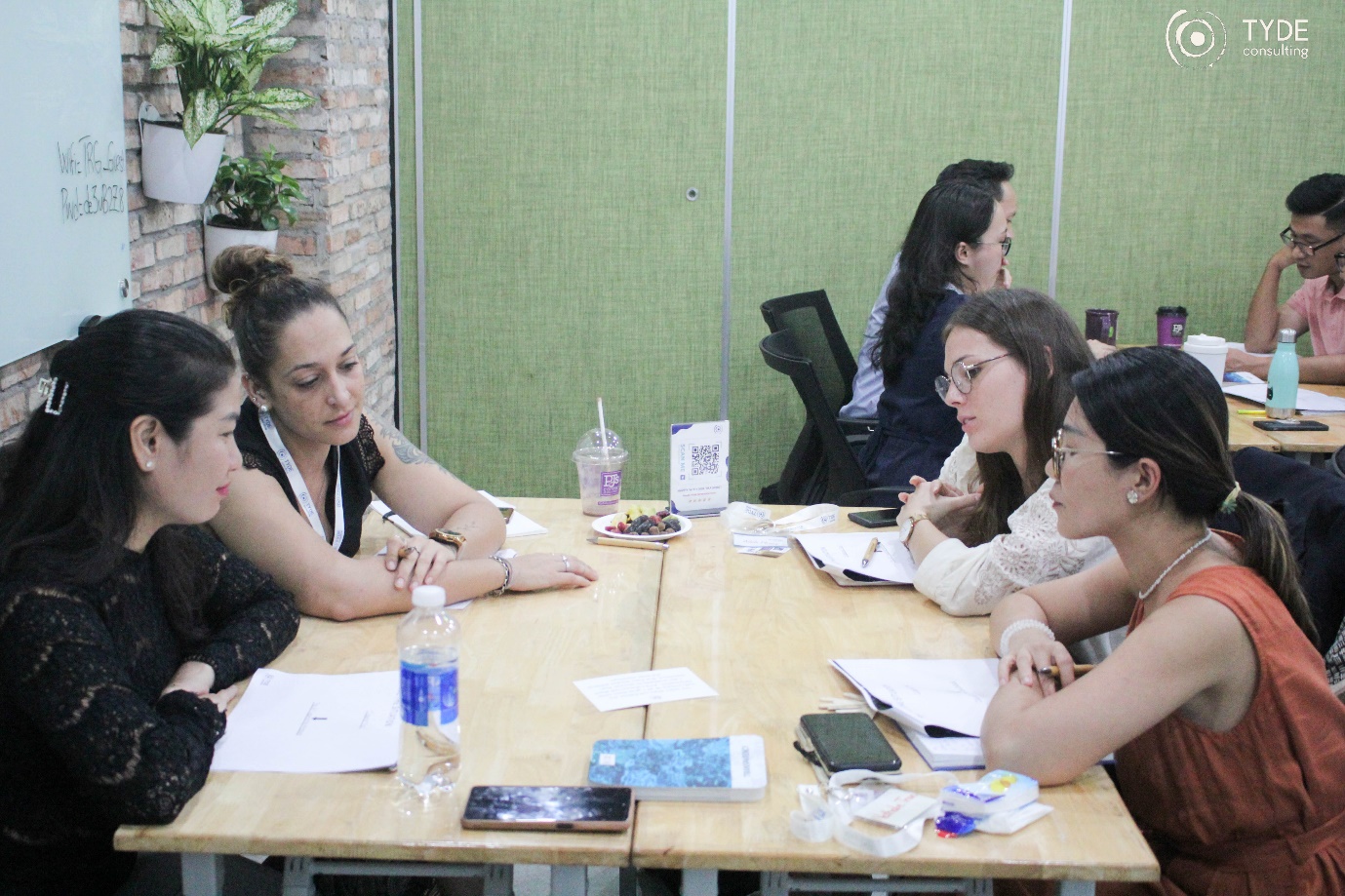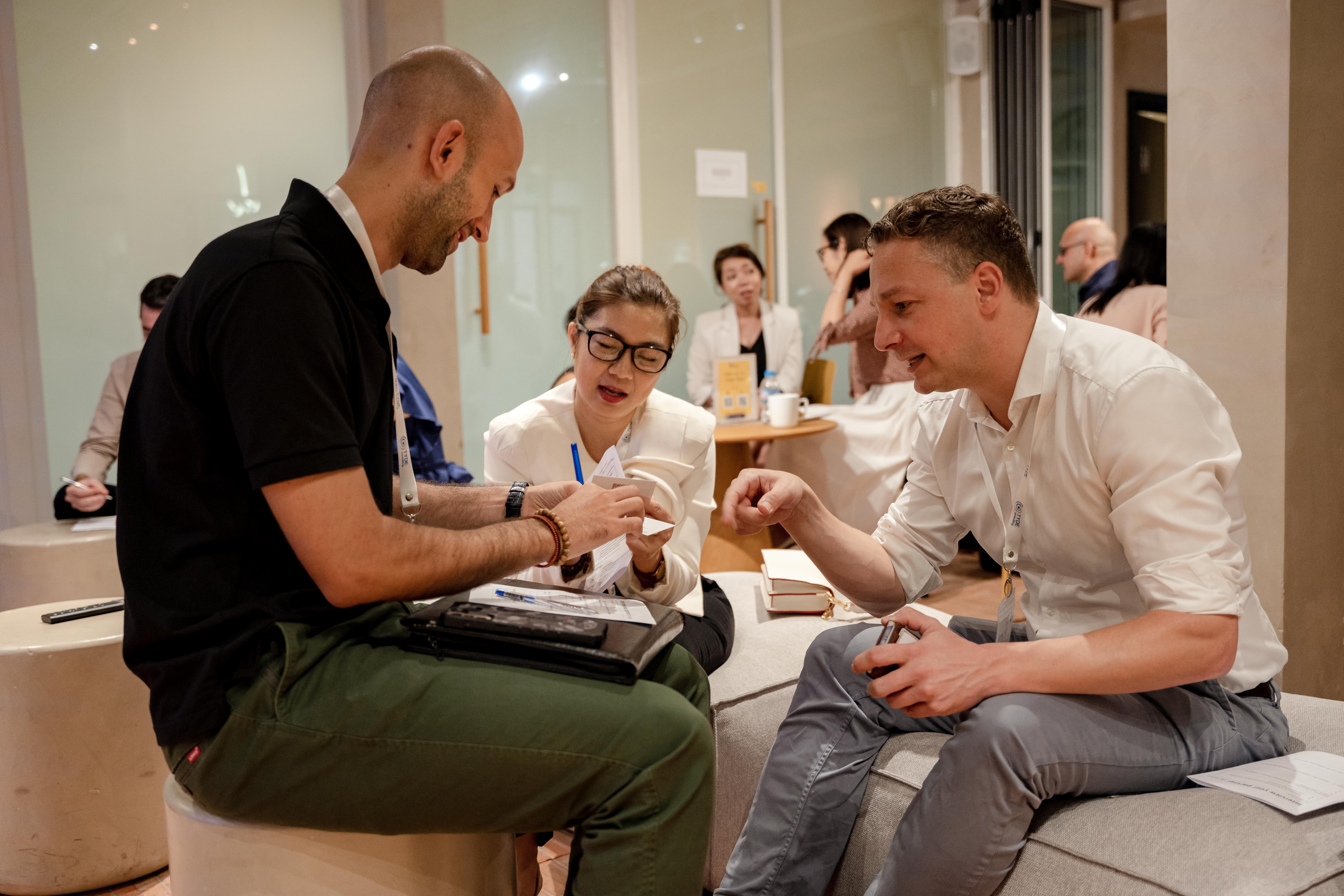Two types of conflict
Task conflict occurs when team members have different perspectives and opinions about the tasks. As a result, there are disagreements about the work tasks in the team. Yet, research has shown that task conflict can encourage a greater understanding of issues, team confidence and effectiveness.
Relationship conflict centers on disagreement and incompatibilities among team members about issues that are not task-related but more personal. It involves friction amongst team members due to personality clashes, differences, and other unresolved issues. As a result, it inhibits personal relationships and limits team cohesion and efficiency.

Two types of responses
There are two types of responses towards conflict. First, productive reactions refer to conflict with positive outcomes, such as learning from disagreements and settling them. Second, destructive reaction describes the conflicts that lead to poor outcomes. It includes failing to learn from the issue, being unable to resolve differences, and having difficulty moving on after a conflict episode
Outcome of responses
Low levels of task conflict are associated with productive reactions to conflict. It means that task conflict is not always positive. Only a small amount of task conflict can lead to positive outcomes in a team. In a more specific time frame, task conflict at an early stage can be detrimental to group effectiveness, whereas in a later stage can create opportunities for problem-solving, critical thinking and better performance in the team.
Relationship conflict correlates with destructive reactions. As a result, this can lead to teams focusing more on resolving conflict rather than completing the task, including other negative emotions and outcomes.

Develop Emotional Awareness
Group emotional awareness is the group's ability to recognize the emotional dynamics from group interactions. Emotional awareness allows individuals to read the situation more accurately and develop appropriate emotion regulation strategies to handle it and stay on task. Group emotional awareness in a team is beneficial in confronting controversy without falling into relationship conflict.
Understanding the two different conflicts and responses allows you to navigate any conflict situation. The advice we give to you is to respond to conflict productively and develop emotional awareness. As a result, it will influence a positive outcome towards you and your team.

What next?
Book our TYDE training programs to help you manage conflicts professionally and effectively. The PCM model can help you understand the different personalities in your team and how to better communicate with them to help solve or avoid conflict. The training programs below are what we have to offer.
- Leadership through Change
- Build and Motivate High Performing Teams
- Work-Life Balance for Leaders
- Effective Communication
- Thrive through Team Conflict
- Communication to Go Global
Join our Leadership and Communication training!
We invite you to join our 6-week training starting from April to June. Click on the link to find more information and book your slot! https://forms.gle/RjJZZTjRJE2C8CeGA
